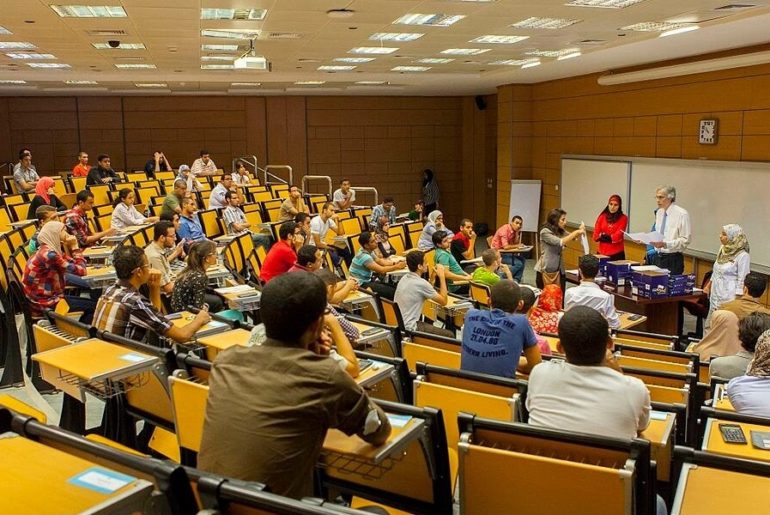In an abrupt reversal, the Trump administration has backed out of its controversial direction to restrict visas to international students if their fall semesters were converted to online classes because of the pandemic. The decision comes after the U.S. Immigration and Customs Enforcement (ICE) was sued by various organizations, including a joint lawsuit by Harvard and the Massachusetts Institute of Technology (MIT), in which hearing the decision was made.
“Oh man, I’m ecstatic,” Azan Zahir Virji, an international student at Harvard Medical School, told The Washington Post. “I’m so glad to hear it. I’m so thankful.”
Virji, like thousands of other international students, spent the last week terrified that he might have to leave the U.S. after his school announced that they would switch to online classes in the fall. ICE’s decision was immediately criticised by various parties who argued that the ruling had no real base given the circumstances.
The Measure
In ICE’s official announcement, the agency stated that students whose school is switching to online classes during the semester will be denied entry to the U.S. under their F-1 or M-1 student visas. Furthermore, the order warns that those students who stay in the U.S. despite the new order could face deportation.
Visa restrictions have always been in place for international students. Normal regulations prevent immigrants from taking a fully online degree while in the U.S., but these regulations were overlooked in the Spring semester when the wave of coronavirus hit. However, last week ICE announced that they would be placing these restrictions again, and mandating those universities that offer a hybrid curriculum to report the number of in-person credits to the Student and Exchange Visitor Program (SEVP).
“These are not some fly-by-night universities, these aren’t scams, these are legit universities who would normally have in-person curricula but for coronavirus,” Theresa Cardinal Brown, Director of Immigration and Cross-border Policy at the Bipartisan Policy Center, told CNN.
Brown argues that a lot of the countries where these international students would have had to return to have travel restrictions that prevent them from doing so.
Colleges Fight Back
In light of this announcement, many colleges and organizations joined forces to sue ICE over the restriction. The first universities to act were Harvard and MIT, who filed a lawsuit to prevent the Trump administration from stripping international students from their visas. After that, more than a hundred colleges and universities backed the lawsuit.
“ICE’s decision displays a callous disregard for students, who would be forced to return to crowded classrooms, and faculty — particularly older faculty to whom COVID-19 poses a greater risk — consigned to the same fate,” the lawsuit says. “And to force such a reopening when neither the students nor the universities have sufficient time to react to or address the additional risks to the health and safety of their communities creates chaos and only increases the risk of spreading the COVID-19 virus.”
The lawsuit also pointed out that in order to pass a law, the government must provide a “reasoned explanation” of its actions as well as considering the impact it would cause of the affected parties. According to the brief, ICE’s directive “fails [that] basic requirement.”
The University of California filed a lawsuit against ICE for the same reasons. In it, they argue that even if their students were able to go back to their home country, they would potentially face volatile environments like civil wars and face humanitarian crises that would make studying virtually impossible, depending on where they are from.
“Under any circumstance, the manner and suddenness by which ICE announced and intends to implement its new policy would be shocking in a system that champions the rule of law and public input on agency rules before they are finalized,” the lawsuit argues. “That the about-face comes against the backdrop of a worsening public health crisis in this country makes it not only unlawful, but cruel and dangerous.”
Currently, there are more than 1 million international students in the U.S., and according to NAFSA, these students contributed an average of $41 billion to the U.S. economy and supported 458,290 jobs during the 2018-2019 academic year. Additionally, 62% of international students pay for their own education either out of pocket or through foreign government loans. International students also contribute greatly to the fields of science and technology in the country.

